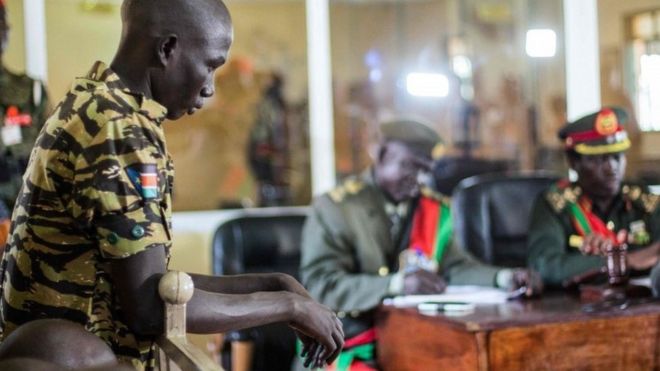 GETTY IMAGES
GETTY IMAGES
A military court in South Sudan has sentenced 10 soldiers to jail terms ranging from seven years to life for a rampage in which a journalist was killed and foreign aid workers raped.
The court also ordered South Sudan's government to pay each rape survivor $4,000 (£3,000) in compensation.
The crimes were committed during an attack in the Terrain Hotel in the capital Juba in 2016.
A UN report accused peacekeepers of failing to respond to pleas for help.
South Sudan's military and rebel forces have been accused of committing numerous atrocities since the outbreak of a civil war in 2013, but this was the worst attack against foreigners.
This is the first time soldiers have been sentenced for committing atrocities in South Sudan, the world's youngest nation, which only gained independence in 2011.
- Africa Live: More updates on this and other stories
- 'Soldiers will kill you for no reason'
- 'I spent days hiding in a swamp'
What happened in court?
The court ordered the government to give the family of local community radio journalist John Gatluak 51 cows as compensation.
He was taking shelter in the hotel compound when he was killed.
Two soldiers were convicted of his murder and sentenced to life.
Three others were found guilty of raping aid workers, four of sexual harassment, and one of theft and armed robbery.
They have been sentenced to between seven and 14 years in jail.
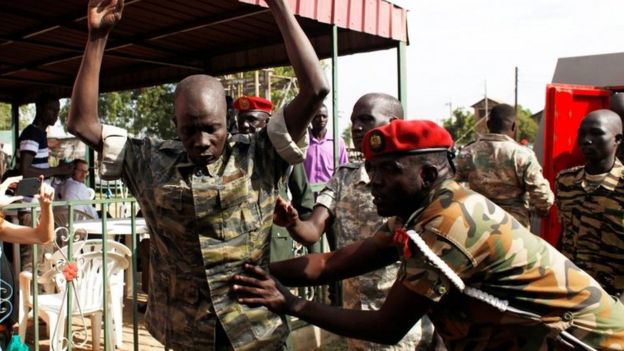 REUTERS
REUTERS
Thursday's judgment was delivered in a military courtroom packed with diplomats, aid workers and officials.
One accused soldier was acquitted. Another died in detention of natural causes.
The attack took place during heavy fighting in Juba between government and rebel forces.
More than 70 people, including two UN peacekeepers, were killed in three days of fighting.
Five foreign aid workers were raped when troops stormed the hotel compound.
What have people said about the verdicts?
A lawyer representing the rape survivors, Issa Muzamil Sebit, said his clients were not "relieved" by the ruling.
The compensation offered to them was "very embarrassing and it is an insult to the victims", he added.
In his reaction, the defendants' lawyer, Peter Malual Deng, said he was shocked by the verdict, and would appeal against it.
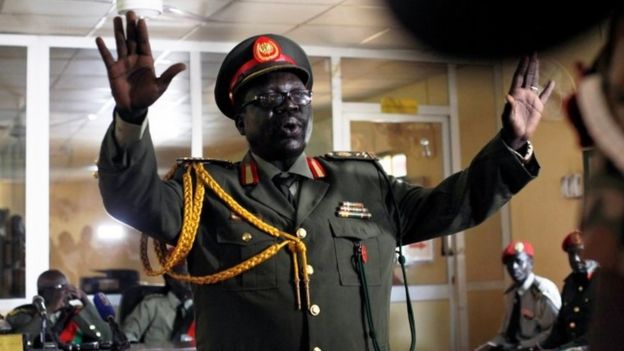 REUTERS
REUTERS
Human rights group Amnesty International welcomed the convictions.
"After much foot dragging, today's convictions and sentences represent a first step towards ending chronic impunity in South Sudan, where both government forces and the armed opposition have committed human rights violations and crimes under international law, with complete disregard for human life," it said in a statement.

How significant are the verdicts?
By Tomi Oladipo, BBC Africa security correspondent
South Sudan's government will use this trial to claim that it is tackling abuses carried out by soldiers.
But this was a high-profile case and it is difficult to see soldiers being put on trial for atrocities committed against locals.
The military top brass on both sides of the conflict seem to be struggling to rein in their troops.
The UN and human rights groups have repeatedly accused them of committing war crimes.
In 2015, the African Union called for a special court to be set up to try war crimes suspects. However, this has not yet happened.
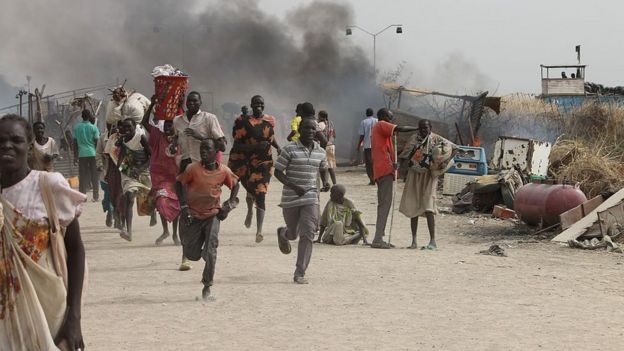 GETTY IMAGES
GETTY IMAGES
Meanwhile, humanitarian groups continue to complain of the security risk. About 100 aid workers, mostly locals, have been killed in the conflict.
This makes it more difficult to get food and medicine to the millions of people affected by the conflict.

What happened during the attack?
In his evidence during the trial, British hotel manager Mike Woodward said between 50 and 100 soldiers had entered the compound, looted it and raped five women.
"One group proceeded straight to the bar and restaurant while another group continued to the residential area," he was quoted as saying in court.
The rampage lasted for several hours, and included beatings, torture and mock executions, Mr Woodward said.
The UN ordered an investigation after aid workers accused its peacekeepers of failing to come their rescue, despite the fact that they were based near the hotel.
The investigation found that there had been "a chaotic and ineffective response to the violence" by UN troops.
The findings led to the sacking of the force commander, Kenya's Lt Gen Johnson Mogoa Kimani Ondieki.
The UN has about 13,000 troops in South Sudan.
What is the situation in South Sudan now?
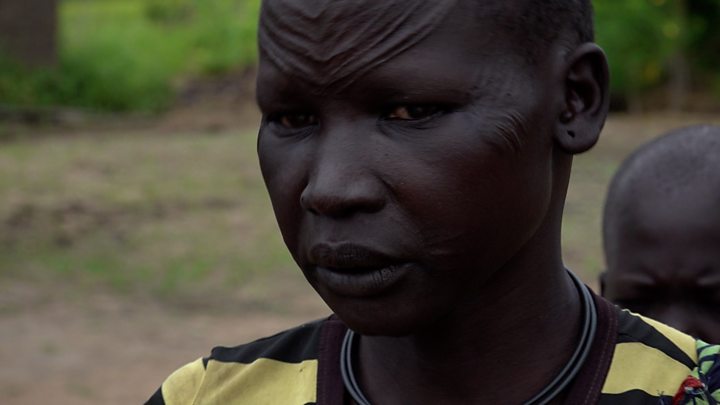
President Salva Kiir and rebel leader Rieck Machar signed a peace deal in August.
The agreement stated that Mr Machar will return to government as one of five vice-presidents.
However, this has not yet happened and several previous peace deals have collapsed.
The conflict started after Mr Kiir sacked Mr Machar as his deputy, and accused him of plotting a coup in 2013.
Mr Machar denied the allegation, and accused Mr Kiir of being an authoritarian ruler who had invented the charges against him to avoid a leadership contest.
The dispute led to troops loyal to the two men clashing in Juba, and the fighting then spread to other parts of the country.
It has created one of the worst humanitarian disasters in Africa, with tens of thousands of people killed and millions forced to flee their homes.

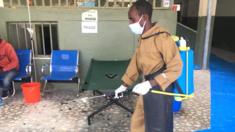

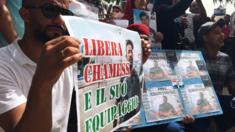

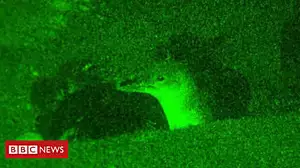
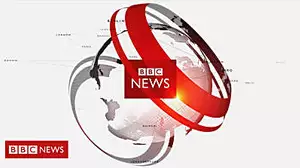
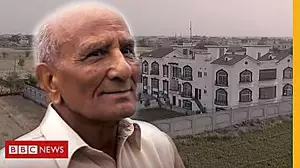



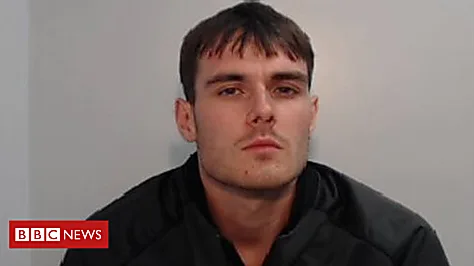
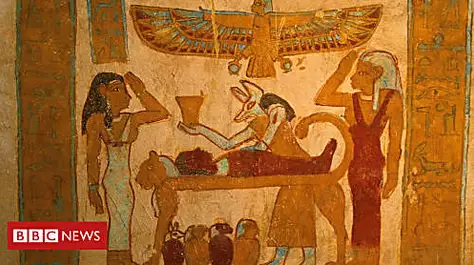
No comments:
Post a Comment